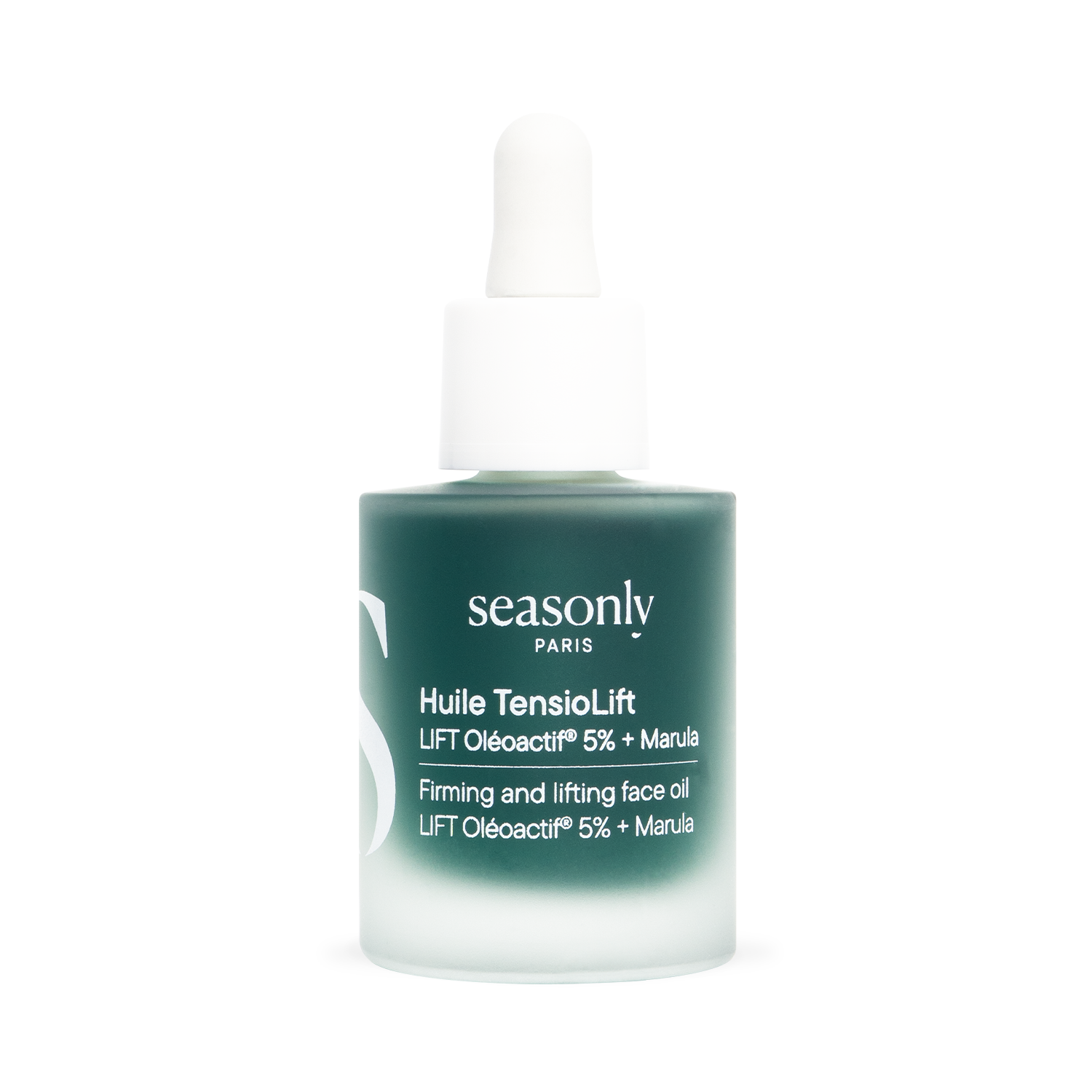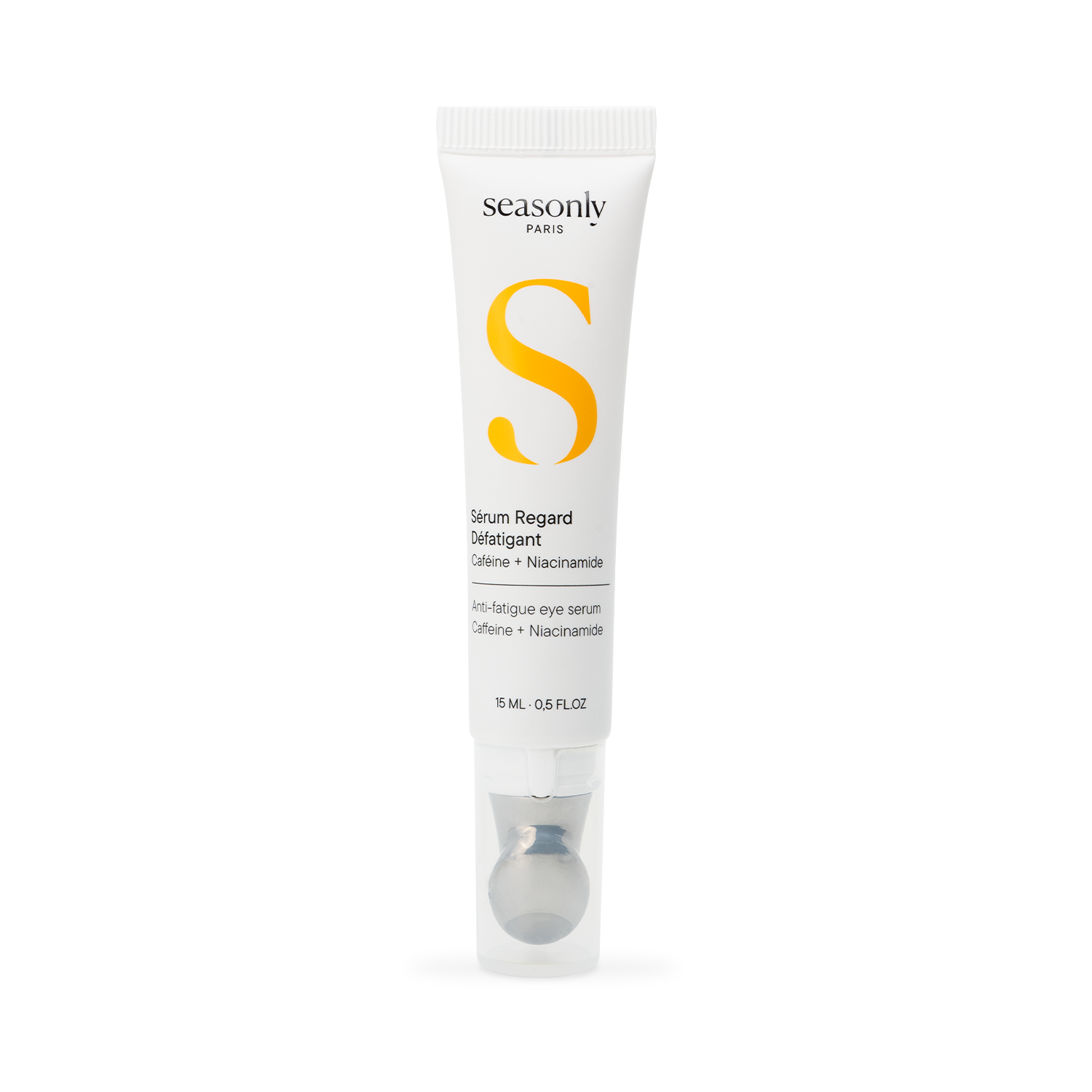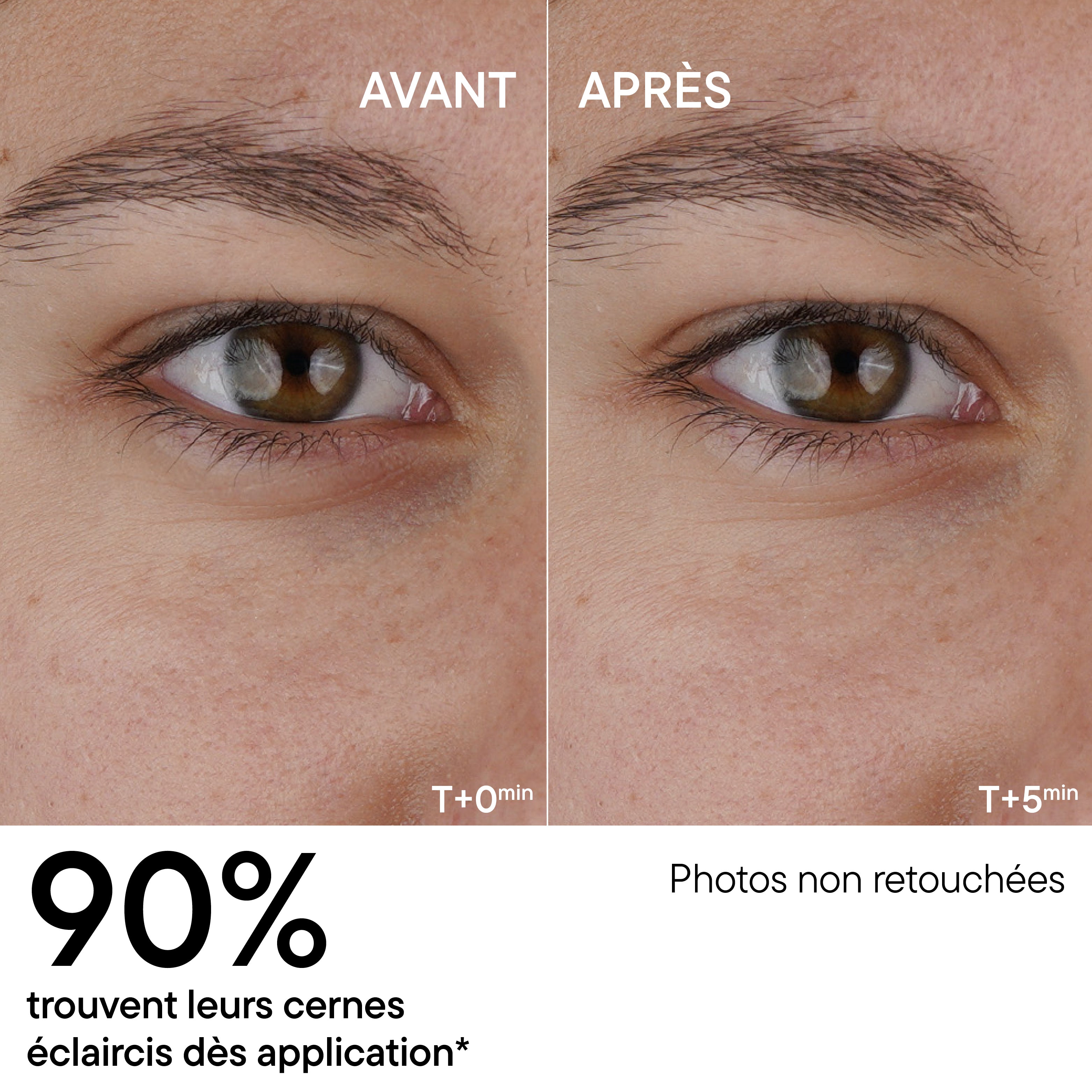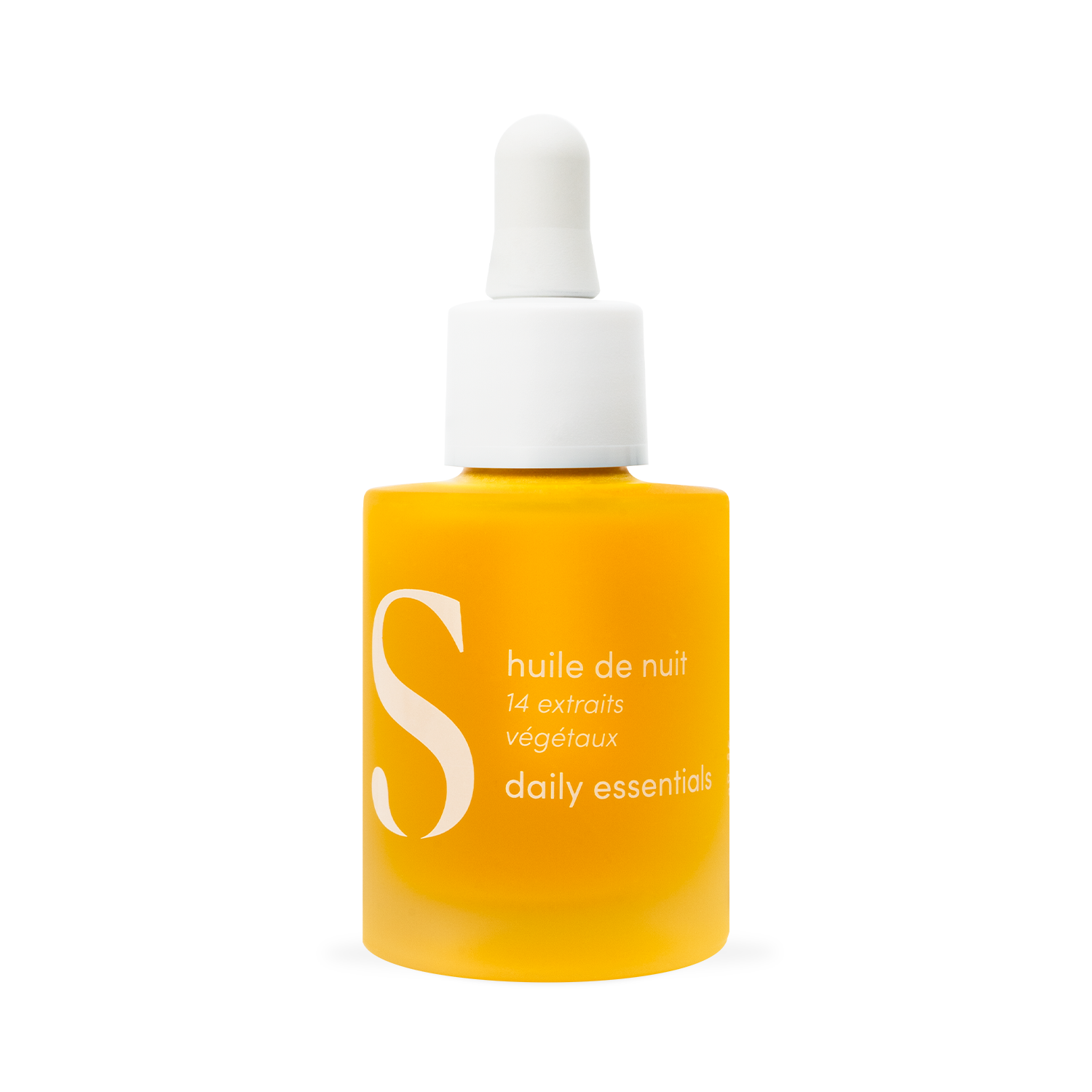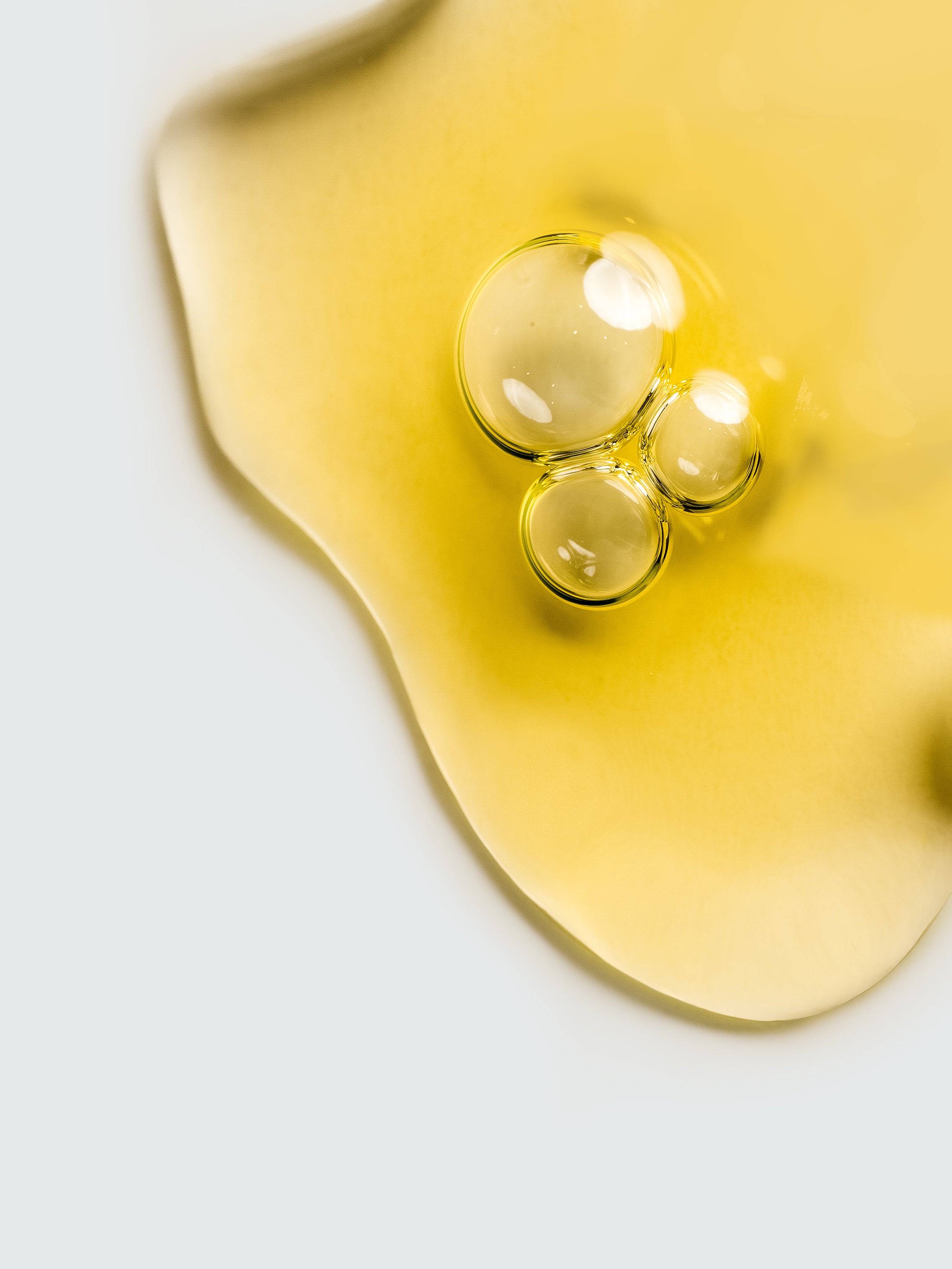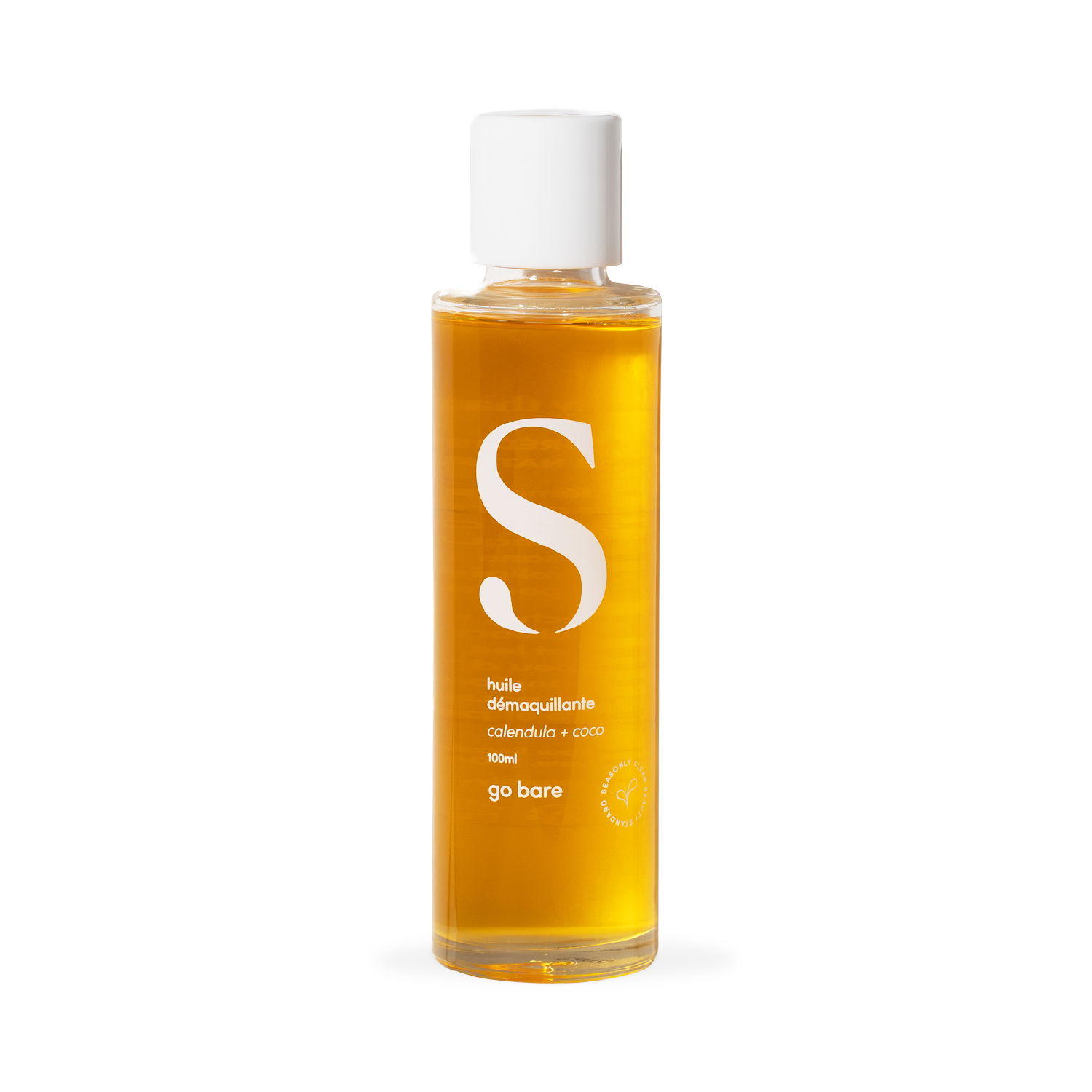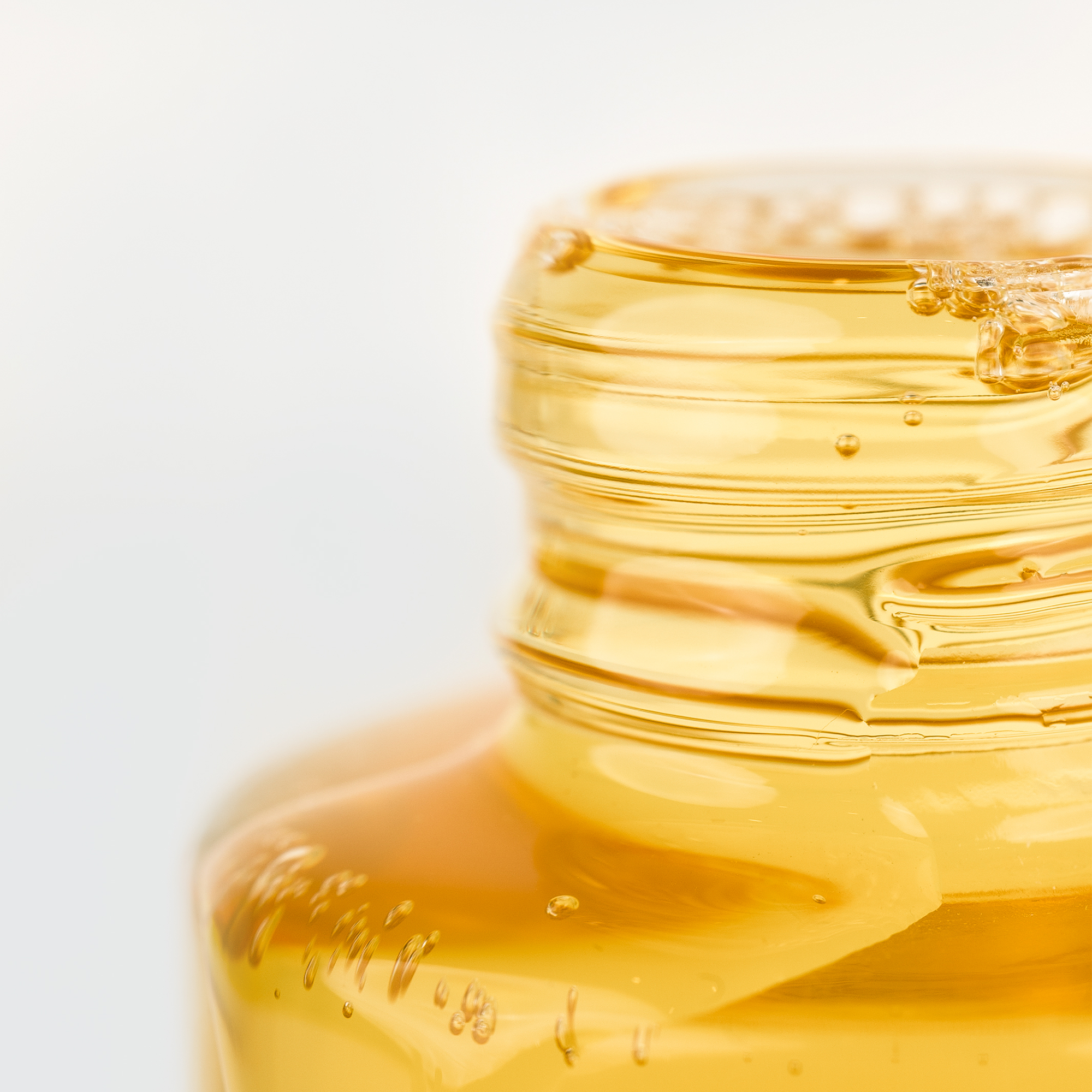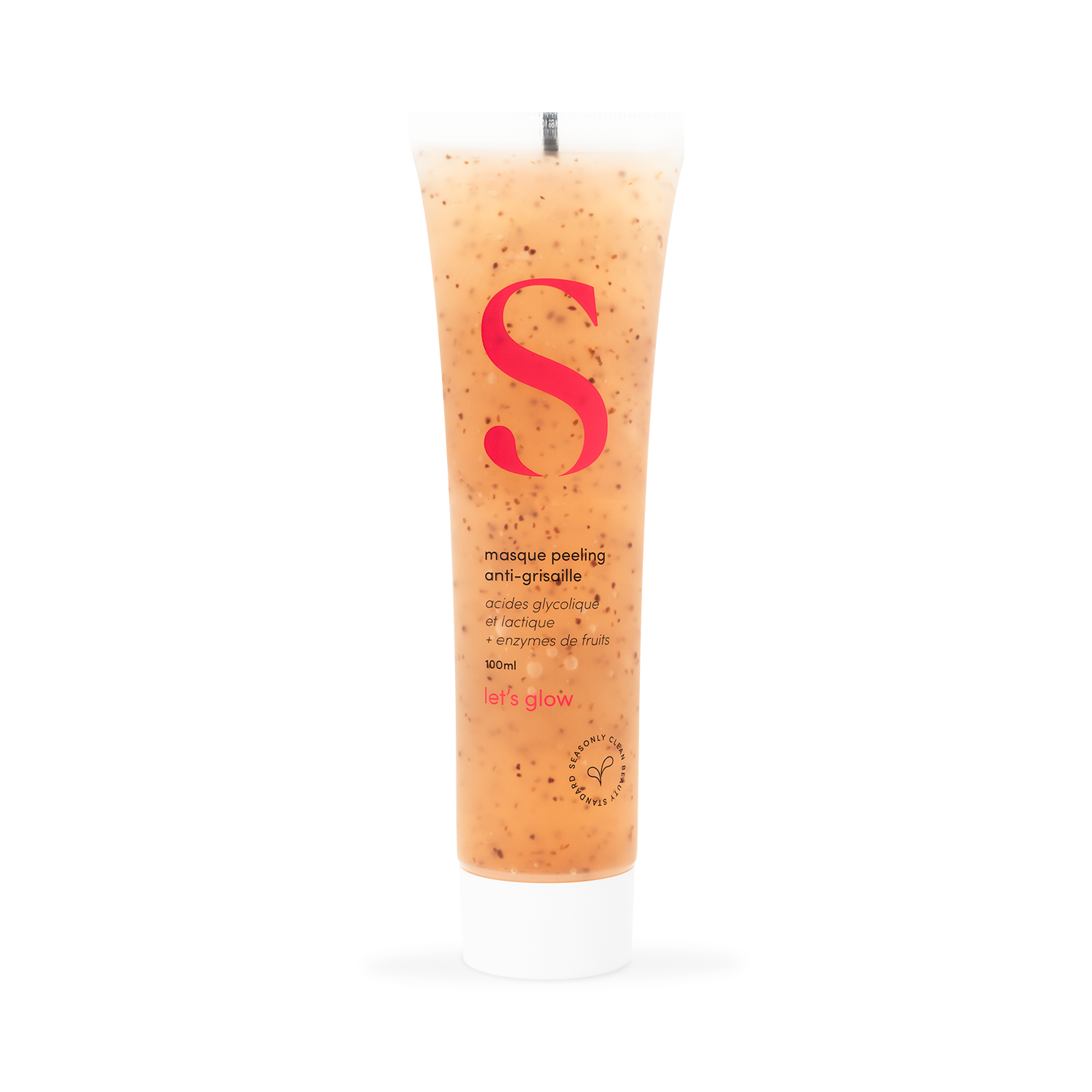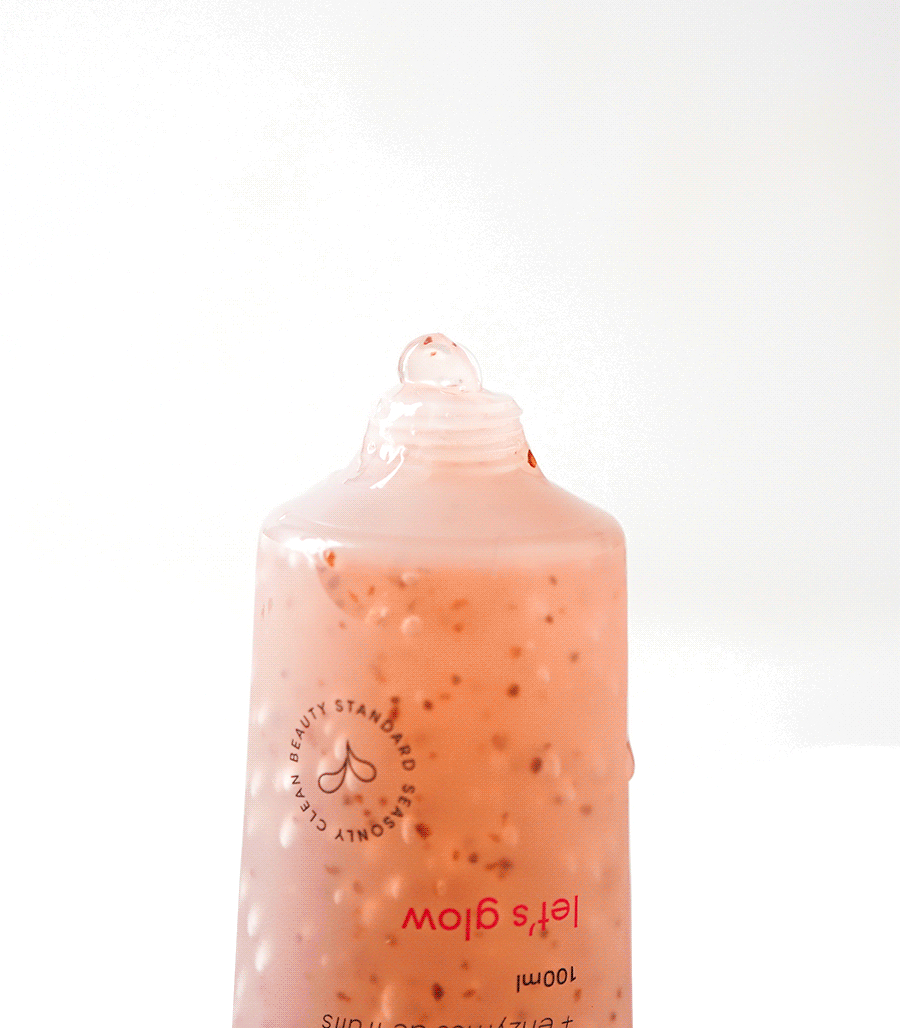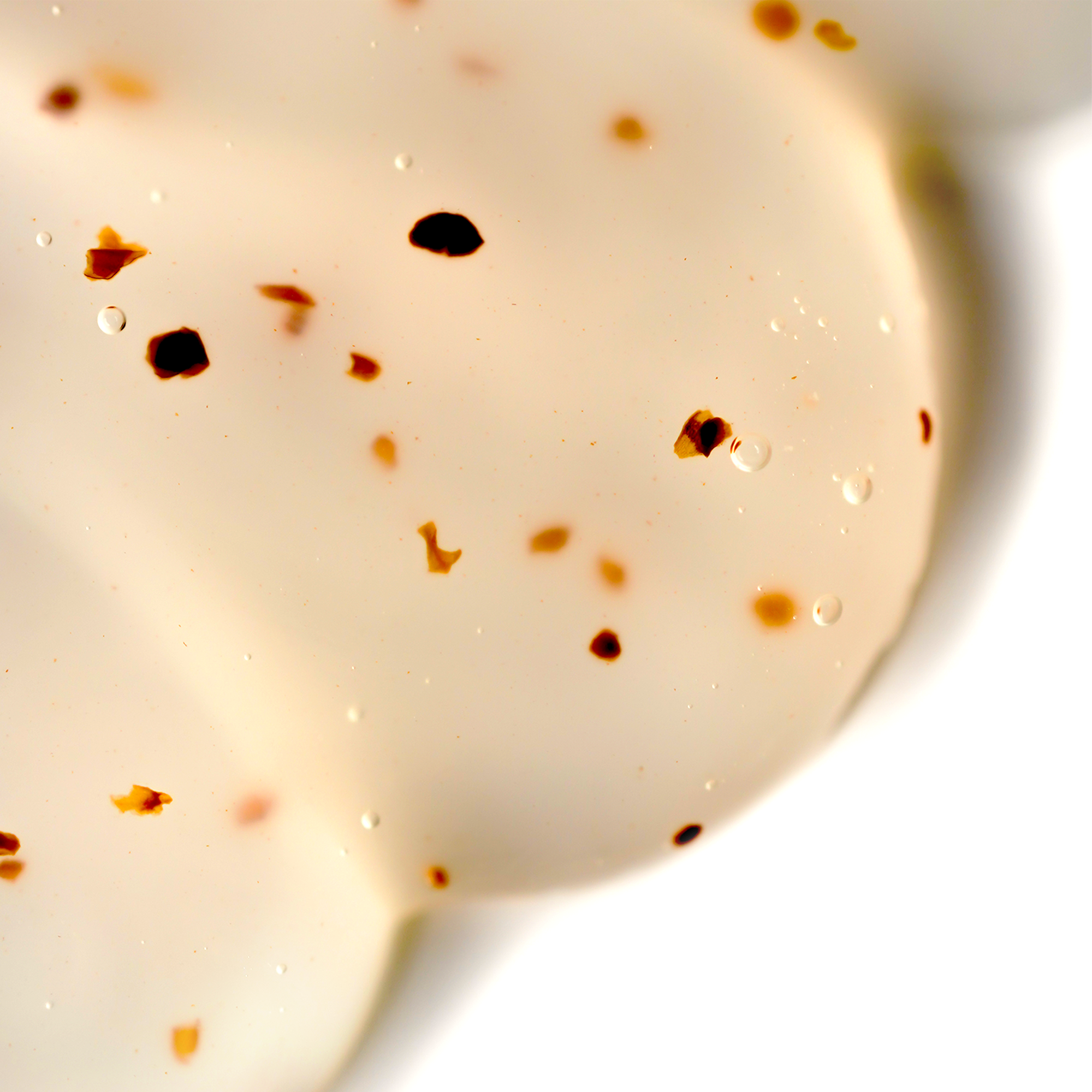Why should we be interested in the skin microbiome?
When we talk about skin, we need to consider an important and often overlooked element: the skin microbiome. Made up of billions of microorganisms - including bacteria, viruses, fungi and mites - residing on the skin's surface, the skin microbiome plays a fundamental role in the health and well-being of our skin, particularly for people with particularly sensitive or reactive skin.
The role of the skin microbiome
The skin microbiome has several essential functions. First of all, it serves as a protective barrier against external pathogenic microorganisms, preventing their entry and colonization on the skin, in other words, our skin microbiome acts as a protective film. But that's not all ! It also helps maintain the skin's pH balance, a critical factor in maintaining healthy skin. Finally, it plays a crucial role in the education and modulation of our skin immune system.
Skin microbiome and sensitive skin
People with sensitive skin are particularly susceptible to the effects of an imbalanced skin microbiome, also known as dysbiosis. Studies have shown a correlation between skin microbiome dysbiosis and various skin conditions like atopic dermatitis, psoriasis, acne, and rosacea. Sensitive skin can also overreact to minor stimuli, which can lead to redness, itching, and irritation.
Restoring a balanced skin microbiome has been shown to alleviate symptoms associated with these skin diseases. For example, certain strains of probiotic bacteria, when applied topically, can help restore the skin microbiome, strengthen the skin barrier, and soothe inflammation.
Preserve your skin microbiome
Preserving and promoting a healthy skin microbiome should be a priority in skin care, especially for people with sensitive skin. Simple actions can help, such as avoiding excessive cleansing of the skin and the use of products containing harsh ingredients that can disrupt the balance of the microbiome.
Convinced of the importance of the skin microbiome?
The crucial role of the skin microbiome in skin health is increasingly recognized by the scientific community. People with sensitive skin, in particular, can benefit greatly from paying attention to balancing their skin microbiome. As we continue to learn more about this fascinating "forest" of microorganisms that inhabit our skin, we can look forward to even more significant advances in the treatment and prevention of skin conditions such as acne.
Our facialists’ recommendation
When it comes to your skin, be minimalist and choose gentle products that do not alter the microbiome, when in doubt, opt for vegetable oils that nourish the skin and help protect it from external aggressions by strengthening its hydro-lipid film. We recommend that you use a facial cleansing oil to remove makeup in the evening, which is gentle on the skin and removes makeup residue and impurities without damaging it. It is also important to nourish the skin, whatever its type, a few drops of Night Oil on the face each evening helps provide the skin with the lipids it needs while avoiding the phenomenon of water loss. transepidermal.






